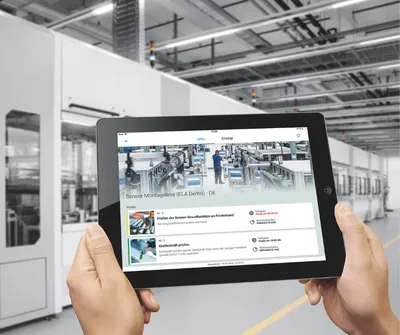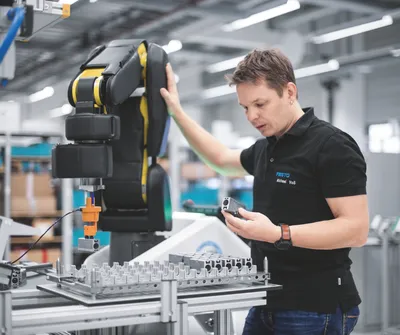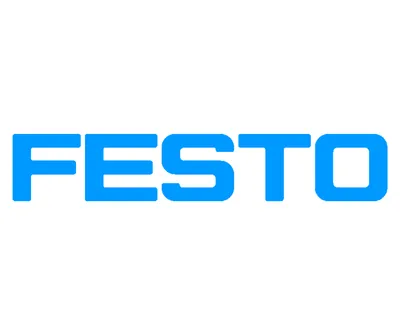What challenges does Festo see for industrial production's future and how does the company plan to address them?
Festo identifies several challenges for the future of industrial production, particularly in the context of sustainability. The company believes that aligning industrial production with ecological principles while promoting economic progress is crucial.
One key aspect of sustainability is access to clean energy. Festo emphasizes starting with energy efficiency and then adopting renewable energy sources. However, ensuring access to renewable energy, especially in regions where it is limited, remains a challenge. This requires long-term energy policies, strategies and technologies for energy transition, where Festo contributes to the production of renewable energies and green hydrogen.
Another dimension of sustainability is the recycling of materials and the introduction of a circular economy. Festo aims to minimize waste impact by optimizing material reuse in industrial products and considering bioprocesses, which offer sustainable alternatives to conventionally manufactured products. This approach reduces environmental impact and contributes to a more sustainable future.
In addition to sustainability, Festo recognizes the importance of digitalization in industrial production. Digital technologies and the integration of industrial processes can lead to more harmonious and sustainable production worldwide. Automation technology and systems play a crucial role in helping Festo achieve its goals. The company leverages data analytics and artificial intelligence (AI) to enable predictive maintenance and quality for customers.






